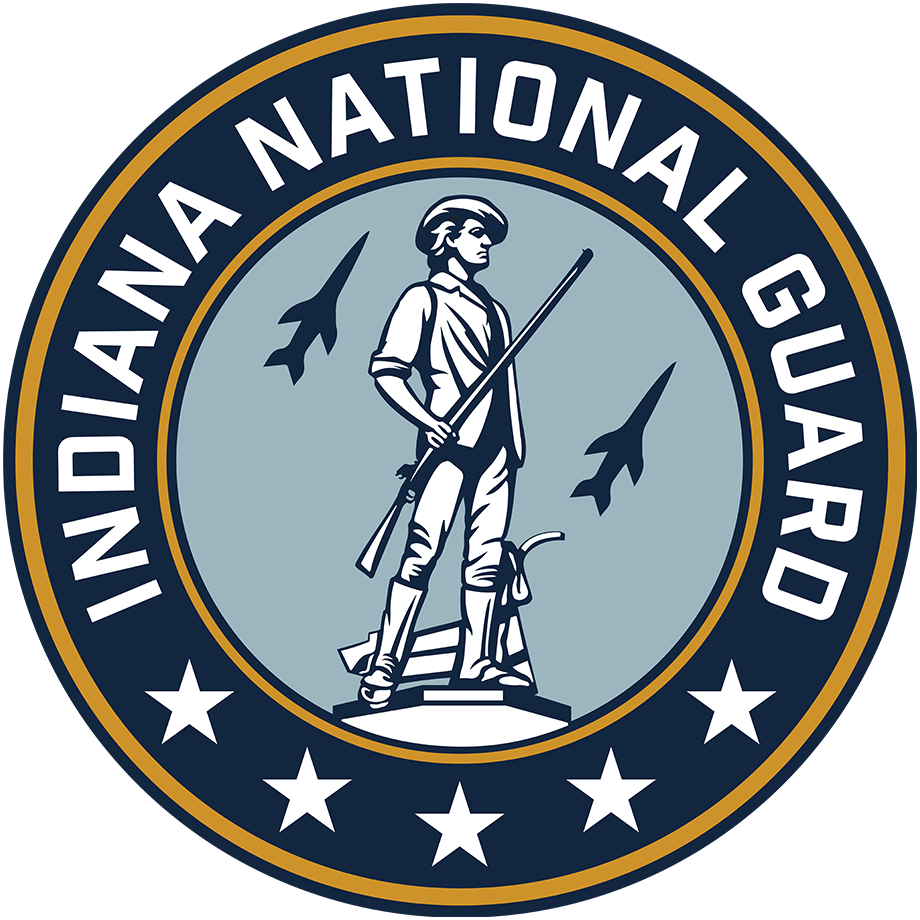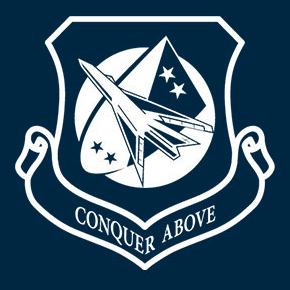The Indiana National Guard Office of the Inspector General provides assistance to commanders, soldiers, airmen, civilians, family members and retirees through inspection, inquiry and investigation to enhance discipline, efficiency, economy, morale, training and readiness throughout the organization.
- We support commanders and the chain of command to ensure they are effective, efficient and economical as possible, to improve operations, morale and readiness of the command.
- We provide assistance for soldiers, airmen, family members, civilians and retirees. We conduct inspections to measure compliance, identify systemic issues and correct deficiencies.
- We conduct investigations that meet the standards of thoroughness and fairness.
- We teach and train at all levels.
File a Complaint
To complain without fear of reprisal is the right of any soldier, civilian or family member seeking IG help. After all, problem solving is one of the Inspector General's primary missions.
Before you contact your Inspector General...
- Be sure you have a problem, not just a peeve.
- Give your chain of command a chance to solve the problem. Many problems must be addressed to the chain of command for resolution anyway.
- If IG assistance is needed, contact your local IG first. IGs at higher commands will normally refer the case to the local IG for action.
- Be honest and don't provide misleading information. IGs will discover the truth quickly in most cases and there are penalties for knowingly providing false information.
- Keep in mind that IGs are not policy makers. If a policy is flawed you can submit proposed change on a DA form 2028.
- Keep in mind that IGs can only recommend, not order a resolution. Only Commanders can order a resolution. The role of the IG is to advise the Commander.
- Remember IGs can only resolve a case of the basis of facts. Your claim that a supervisor has violated rules does not make it fact. A claim must be supported with evidence.
- Don't expect instant action on your request. Be patient. Investigations take time.
- Be prepared to take "no" for the answer. In any response, the IG will explain why.
What next?
- You must use other forms of redress before coming to the IG; for example, if your issue is with an NCOER...did you appeal IAW DA PAM 623-3?
- If you still need to contact the IG, go to Filing a Complaint; complete the form and be prepared to provide it to the IG.
- If you have given your chain of command a chance to solve the problem AND used other forms of redress before coming to the IG, and you still need to file a complaint, complete form DA Form 1559 for Army National Guard complaints, or AF Form 102 for Air National Guard complaints.
- Scan and email the form to ng.in.inarng.mbx.inspector-general.mil@army.mil.
Inspector General Action Request - fill out online
DA Form 1559 (PDF) - Inspector General Action Request
AF Form 102 (PDF) - Inspector General Personal and Fraud, Waste and Abuse Complaint Registration
Note: If you are unable to open the PDFs or are receiving an error message when attempting to open PDFs, right click and save the PDF to your computer, then open the file on your computer.
Please read the FAQ before filing a complaint.
- What is the role of an Inspector General?
Inspectors General (IGs) are confidential advisers and impartial fact finders for the Adjutant General. Whenever possible, IGs work through and within the chain of command to maintain viability, effectiveness, and relevancy. IGs are bound by regulations, policies and directives. In short, Inspectors General are impartial and don't “take sides.” Think of IGs as umpires who call balls and strikes.
- Why should I talk to an IG?
If you have a question, need assistance or have a concern that your supervisor or chain of command cannot address, you should contact the INNG IG office for guidance. You may submit a complaint, allegation or request for information or assistance concerning a matter of INNG interest; however, not all matters are appropriate for IG action.
- Who can ask for Army Inspector General assistance?
Anyone can ask for assistance, including:
- Service members
- Civilians (state and federal)
- Family members
- Retirees and their dependents
- Contract employees
- Air Force and Army non-appropriated fund (NAF) employees
- Members of the public.
- Can someone tell me NOT to talk to an IG?
NO. While Inspectors General advise you to work with your chain of command to solve a problem, no one can tell you to not talk to an IG.
References:
- Will going to a higher-level IG expedite my case?
NO. In almost all instances, the higher-level IG office will simply send your Request for IG Action back to the Indiana National Guard Inspector General. Starting with a higher-level office will likely delay action on your request.
- Are my interactions with IGs kept confidential?
All IGs have a duty to protect to the maximum extent possible the personal identity of a complainant, witness or any other individual providing information to the IG, particularly when the individual specifically requests confidentiality.
Persons who ask the IG for help; make a complaint; provide testimony, information, or evidence as part of an IG inspection or investigation; or otherwise interact with an IG often do so because they have an expectation of confidentiality. Their expectation often centers on the safeguarding of the individual’s personal identity and the nature of the individual’s contact with the IG.
Although confidentiality and the measures necessary to protect it will vary from circumstance to circumstance, the IG always treats confidentiality carefully and as a priority. While IGs will never promise confidentiality, IGs will endeavor to maintain confidentiality as a matter of primary importance and as a key to the IG system’s viability and success.
Reference: Army Regulation 20-1, para. 1-13a
- Do IGs provide legal advice?
NO. If you need legal advice about an issue, please visit your local Office of the Staff Judge Advocate.
- Do IGs handle ALL issues reported to them?
NO. The scope of an IG's duties is limited by law and regulation, and there are many issues IGs don't handle. However, if you talk to an IG about an issue that is not within the IG's scope, the IG will refer you to the appropriate office or agency.
- Can the IG direct an action or make a new policy?
NO. Inspectors General can objectively look at a given situation and make recommendations. IGs have no authority to direct an action or institute a new policy – that is up to the commanding officer.
- Do IGs encourage soldiers to bypass the chain of command?
NO. The first thing IGs ask those seeking assistance is, “Have you tried to solve this issue through your chain of command?” Air Force and Army leadership expects IGs to work with the chain of command to solve issues.
- I don’t like or agree with the answer I got from the Indiana National Guard IG. Will going to the next higher echelon IG change the answer?
NO. A higher-level IG will refer your question back to the Indiana National Guard IG and will also have noted your case is in the IG tracking system.
- What is a whistleblower, and are they protected under law?
In accordance with Title 10 USC 1034, whistleblower reprisal is the act of taking, (or threatening to take) an unfavorable personnel action, or of withholding (or threatening to withhold) a favorable personnel action because a Service member made, or was thought to have made, a protected communication:
- To Members of Congress
- To IGs
- To DOD audit, inspection, investigation, or law enforcement organizations
- To any person or organization in the chain of command
- As part of a court-martial proceeding, or
- To any other person designated pursuant to regulations or established administrative procedures to receive such communications (e.g., EO, Equal Employment Opportunity, Safety Office, etc.)
Note: Any lawful communication to a Member of Congress or an IG, no matter the topic, is a protected communication. Communications to the other listed individuals or agencies are only protected when presenting information regarding what an alleging party reasonably believes to be a violation of statute, regulation, rule, etc.
The actions considered for purposes of (10 USC 1034) to be a personnel action prohibited by this subsection shall include any action prohibited by paragraph (1), including any of the following:
- The threat to take any unfavorable action.
- The withholding, or threat to withhold, any favorable action.
- The making of, or threat to make, a significant change in the duties or responsibilities of a member of the armed forces not commensurate with the member's grade.
- The failure of a superior to respond to any retaliatory action or harassment (of which the superior had actual knowledge) taken by one or more subordinates against a member.
- The conducting of a retaliatory investigation of a member.





